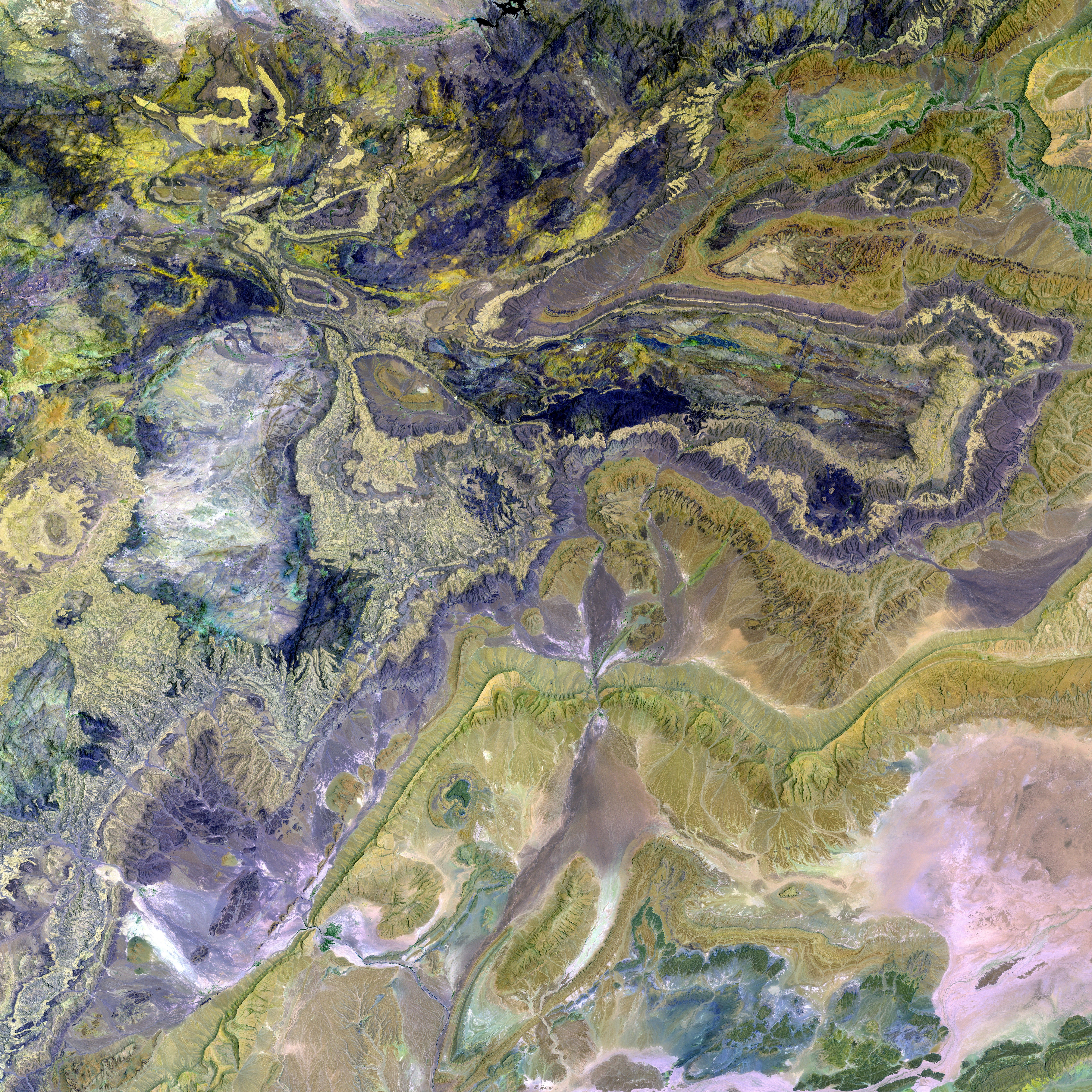Rapid, severe rosacea: Causes, signs, and remedies
Bold and Brash Breakdown:
Rosacea fulminans, a rare and intense skin condition, strikes suddenly and predominantly affects the central facial areas, such as the forehead, nose, cheeks, and chin. Characterized by redness, swelling, inflammation, and painful pustules, this condition is more extreme and rapid compared to rosacea or acne[2].
While the specific cause remains undetermined, a 2020 review suggests a possible link between rosacea fulminans and various conditions, like inflammatory bowel disease and pregnancy, as well as it being more common in individuals with a past history of rosacea[3][4].
Common triggers of rosacea fulminans are emotional stress, hormonal fluctuations, specific medications, and certain dietary factors which may include spicy foods, alcohol, foods containing cinnamaldehyde (e.g., chocolate, tomatoes, citrus fruits), histamine-rich foods and beverages (e.g., wine, aged cheese, processed meats), and hot drinks[1][5]. However, it's crucial to mention that dietary triggers can differ significantly from person to person, so what might worsen symptoms for one individual might not affect another in the same way.
Effective treatment strategies may involve oral isotretinoin, corticosteroids (oral or topical), and lifestyle adjustments. A 2016 case study reports that a combination of antibiotics, corticosteroids, and lifestyle changes provided relief for an individual with rosacea fulminans[6].
In an effort to manage symptoms, one may consider stress reduction techniques such as mindfulness meditation, deep breathing exercises, regular exercise, journaling, as well as making dietary changes like reducing alcohol[7]. Additionally, using gentle skincare products on the face can also aid in symptom management.
If you experience any symptoms beyond typical rosacea or acne, sudden onset, persistent or worsening symptoms despite over-the-counter treatments, eye irritation or inflammation, or systemic symptoms like fever, it is advisable to consult a dermatologist or healthcare professional[8]. Early intervention can prevent complications such as scarring and infections, improve quality of life, and help manage any emotional distress acquired through this condition.
Remember, dietary triggers can vary significantly from person to person, so what works for one might not work for another. Always consult with a healthcare professional for personalized care and management strategies specific to your needs.
Footnotes:[1] - Enrichment Data – Dietary Triggers for Rosacea Fulminans[2] - Base Article - Description of rosacea fulminans symptoms[3] - Enrichment Data – Potential link between rosacea fulminans and inflammatory bowel disease and pregnancy[4] - Base Article - Rosacea fulminans demographic distribution[5] - Enrichment Data – Dietary factors triggering or worsening rosacea symptoms[6] - Base Article - Treatment options for rosacea fulminans[7] - Enrichment Data – Lifestyle changes for stress reduction[8] - Base Article - When to consult a healthcare professional
Additional Note: This information is for informational purposes only and is not a replacement for professional medical advice. Always consult with a healthcare professional before making any changes to your diet or skin care routine related to rosacea.
- Rosacea fulminans, a severe skin condition, predominantly affects areas like the forehead, nose, cheeks, and chin, and is often linked to inflammatory bowel disease, pregnancy, or a past history of rosacea.
- Triggers for rosacea fulminans may include emotional stress, hormonal fluctuations, certain medications, spicy foods, alcohol, foods containing cinnamaldehyde, histamine-rich foods and beverages, and hot drinks, though these can differ significantly from person to person.
- Treatment strategies for rosacea fulminans may involve oral isotretinoin, corticosteroids (oral or topical), and lifestyle adjustments, such as reducing alcohol, stress reduction techniques, and using gentle skincare products.
- If you experience symptoms beyond typical rosacea or acne, sudden onset, persistent or worsening symptoms despite over-the-counter treatments, eye irritation or inflammation, or systemic symptoms like fever, it's advisable to consult a dermatologist or healthcare professional for personalized care and management strategies specific to your needs.








